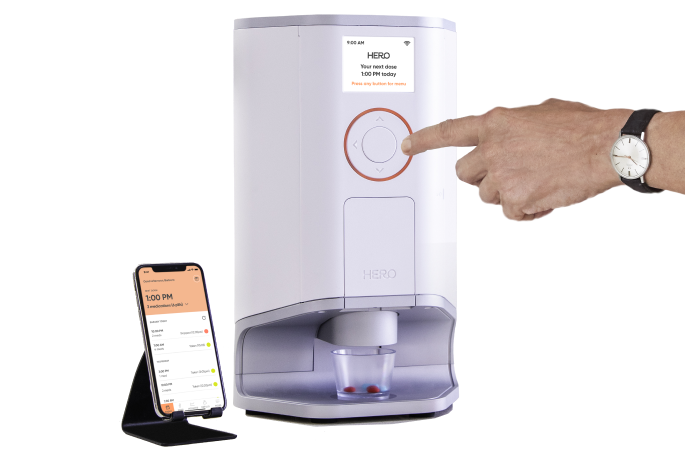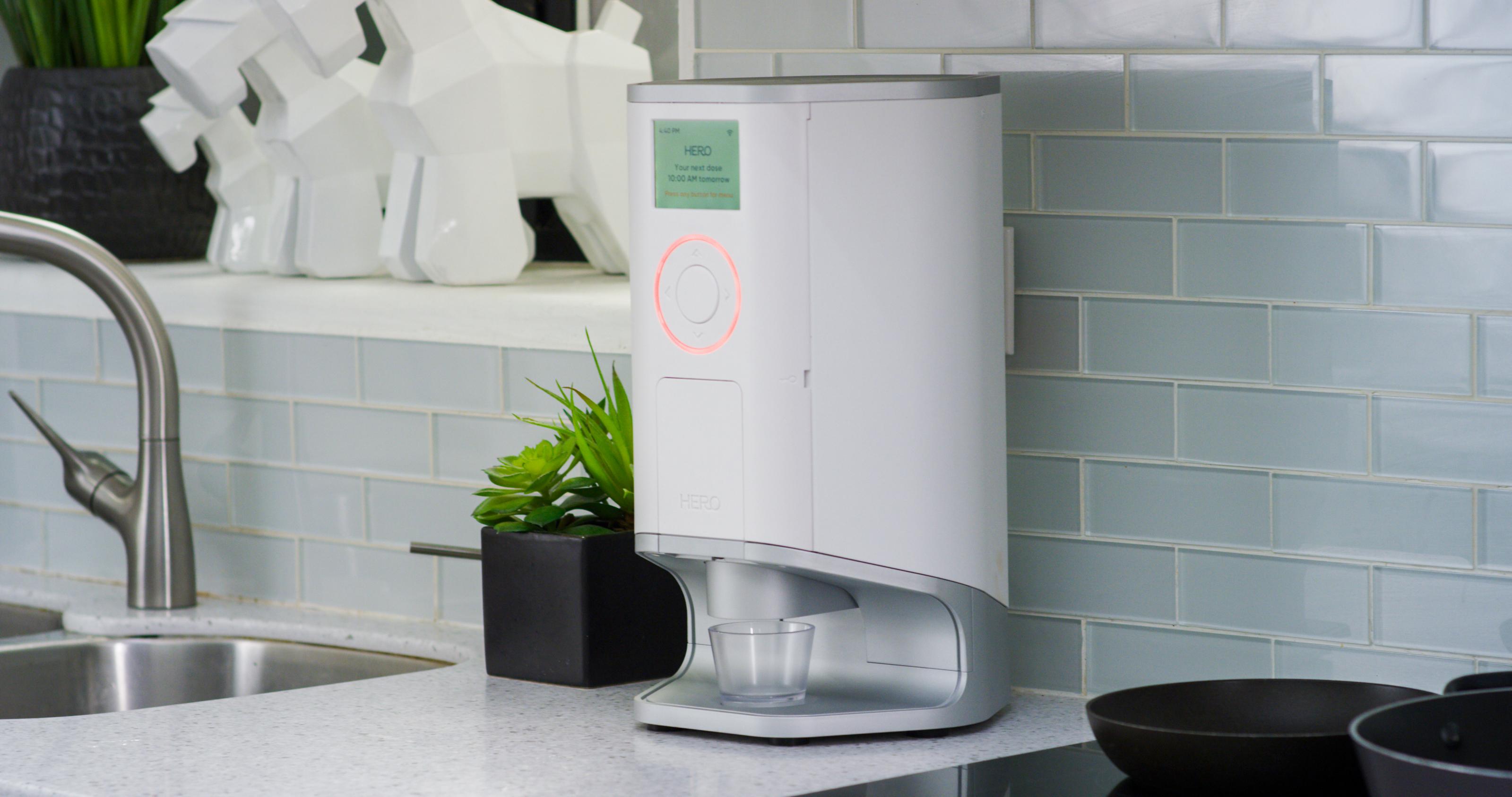Discover How to Get Paid to Take Care of Family Members: A Comprehensive Guide for Family Caregivers

Learn the secrets to becoming a paid caregiver, and get reimbursed for the family caregiving services you provide for a loved one. Learn about government programs, insurance policies, and resources that can help you get reimbursed. Find out how platforms like Aidaly, Givers, and Hero may help to simplify your caregiving journey and alleviate the financial burdens.
Understanding the Need for Paid Family Caregivers
In recent years, there has been a growing recognition of the importance of family caregivers and the need to support them financially. This is due to the dual demands of work and family that many Americans face, and the need for workplaces that are responsive to diverse family needs. As per a report by the Center for American Progress, lack of access to paid time off costs the American economy $20.6 billion per year. The report also found that access to universal paid leave under California’s long-standing paid leave program significantly increased the labor force participation of those who were caring for family members.
The United States has seen a growing demand for family caregivers in recent years, as the population ages and more people require assistance with daily activities and medical needs. In fact, research shows that 70% of people turning 65 can expect to need some form of medium- to long-term care during their lives, which would require a family member to take leave from work beyond what would be covered by paid sick time off. This increasing demand highlights the importance of providing support and compensation for family caregivers who dedicate their time and energy to caring for their loved ones.

The growing demand for family caregivers in the US
As the population continues to age, there is an increasing need for family caregivers to provide assistance with daily living tasks, medical appointments, and other caregiving responsibilities. This demand is not only driven by the aging population but also by the desire of many seniors and people with disabilities to remain in their homes and communities rather than moving into institutional settings like nursing homes. Home and community-based services (HCBS) have become an essential component of long-term care, with Medicaid being the primary payer for these services.
Challenges faced by unpaid family caregivers
Unpaid family caregivers often face numerous challenges in their roles, including physical, emotional, and financial strains. Many caregivers struggle to balance their caregiving responsibilities with their own personal and professional lives, leading to increased stress and potential burnout. Additionally, unpaid caregivers may experience financial difficulties as they often have to sacrifice their own income or career opportunities to provide care for their loved ones. They often experience added stress when making important medical decisions because they do not have access to reliable support and resources. Financial strain is another major challenge. Family caregivers who are providing both caregiving and financial support to an aging loved one often report higher levels of stress. Caregiver burnout is also a common issue, with studies showing that more than 60% of caregivers experience symptoms of burnout. These challenges underscore the need for paid family caregiver programs in the US.

One significant challenge faced by unpaid caregivers is the lack of financial support and compensation for their caregiving services. According to a report from the Center for American Progress, the lost wages from lack of access to paid time off for caregiving cost the American economy $20.6 billion per year. This highlights the need for policies and programs that provide financial assistance and support to family caregivers, allowing them to continue providing essential care for their loved ones while also maintaining their own financial stability.
The growing demand for family caregivers in the US underscores the importance of providing adequate support and compensation for these individuals. Addressing the challenges faced by unpaid family caregivers, such as financial strain and lack of access to paid time off, is crucial in ensuring that they can continue to provide essential care for their loved ones while maintaining their own well-being.
Complex med schedule? We solved it.
Hero’s smart dispenser reminds you to take your meds and dispenses the right dose, at the right time.

Navigating the Process to Become a Paid Caregiver
Becoming a paid caregiver for a family member can be a rewarding experience, but it requires navigating through various steps and eligibility criteria. In this section, we will discuss the eligibility criteria for becoming a paid caregiver, the steps to apply for Medicaid’s Self-Directed Services Programs, and enrolling in Home and Community-Based Services (HCBS) Program.
Eligibility criteria for becoming a paid caregiver
To become a paid caregiver, you must first determine if you are eligible for Medicaid’s Self-Directed Services Programs. These programs allow participants to manage their care budget and decide how to use their funds to pay for goods and services related to their personal care needs. If your loved one is eligible for Medicaid, you may be able to receive financial aid from these programs.
Steps to apply for Medicaid’s Self-Directed Services Programs
- Determine your eligibility: Contact your local Medicaid office to determine if you are eligible for self-directed services available in your state.
- Enroll in a Home and Community-Based Services (HCBS) Program: If you are providing care to a family member who needs help with daily activities, you may be able to enroll in an HCBS program. Through this program, you could receive a tax-free stipend, a personal caregiver coach, and access to other resources.
- Determine if your loved one is eligible for Veterans Aid: Some veterans can enroll in a Veteran Directed Care Program, which empowers them to manage their care, including hiring and paying for in-home caregivers.
- Determine if your loved one has a long-term care insurance policy that provides caregiver compensation: Some insurance policies cover the cost of caregiver compensation.
- Determine if your company offers paid leave for caregivers: Some companies offer paid leave for employees who are caregivers.
- Determine if your family is willing to pay you for your caregiving time: In some cases, families may be willing to compensate you for the time you spend caring for a loved one.

Enrolling in Home and Community-Based Services (HCBS) Program
To enroll in an HCBS program, you must first determine if your loved one is eligible for Medicaid and if they require assistance with daily activities. If they meet these criteria, contact your local Medicaid office to learn more about the available HCBS programs in your state. These programs can provide financial support, coaching, and resources to help you provide the best care possible for your loved one.
To recap, becoming a paid caregiver for a family member involves understanding the eligibility criteria, applying for Medicaid’s Self-Directed Services Programs, and enrolling in an HCBS program. By following these steps, you can receive the financial support and resources needed to provide quality care for your loved one.
Useful Resources and How Hero Can Help Family Caregivers
Family caregivers often face numerous challenges while providing care for their loved ones. Fortunately, there are resources available to help them navigate the caregiving journey. Two such platforms that support caregivers are Aidaly and Givers. Aidaly is a service that helps family caregivers discover and receive benefits and financial services, streamlining access to federal, state, and private benefits, including Medicare and Medicaid dollars. Givers, on the other hand, is a platform that connects family caregivers with resources, support groups, and information on government programs that can provide financial assistance.
Aidaly and Givers: Platforms that support caregivers
Aidaly assists unpaid family caregivers by providing compensation, coaching, and financial services needed to care for their loved ones. The platform helps users determine their eligibility for benefits in less than 15 minutes and offers access to a community of fellow caregivers and coaches for caregiving, nutrition and wellness, and personal finance support.
Givers is an online platform that provides family caregivers with valuable information about government programs, financial assistance opportunities, respite care options, and more. By connecting caregivers with the right resources, Givers aims to ease the burden of caregiving and improve the quality of life for both caregivers and care recipients.
Hero: Simplifying medication management for caregivers
Hero offers a smart pill dispenser and medication management app that may help to simplify the medication process for caregivers. The Hero dispenser provides alerts when it's time to take medication, and the app allows both users and caregivers to track up to 10 different medications in the dispenser as well as track additional medications within the app which may be stored outside of the Hero dispenser.

Conclusion: The importance of support for family caregivers
Supporting family caregivers is crucial since they play a vital role in maintaining the health, well-being, and independence of their loved ones. Platforms like Aidaly and Givers may offer valuable resources and assistance to help ease the burden of caregiving. Additionally, solutions like Hero's smart pill dispenser may help to simplify medication management, assisting caregivers with extra time to focus on what matters most – spending quality time with their loved ones. By leveraging these resources and tools, family caregivers can better navigate the challenges of caregiving while ensuring their own well-being.
The contents of the above article are for informational and educational purposes only. The article is not intended to be a substitute for professional medical advice, diagnosis, or treatment. Always seek the advice of your physician or other qualified clinician with any questions you may have regarding a medical condition or its treatment and do not disregard professional medical advice or delay seeking it because of information published by us. Hero is indicated for medication dispensing for general use and not for patients with any specific disease or condition. Any reference to specific conditions are for informational purposes only and are not indications for use of the device.



